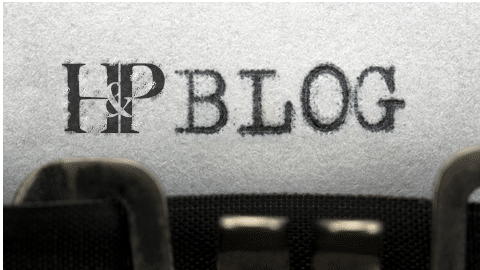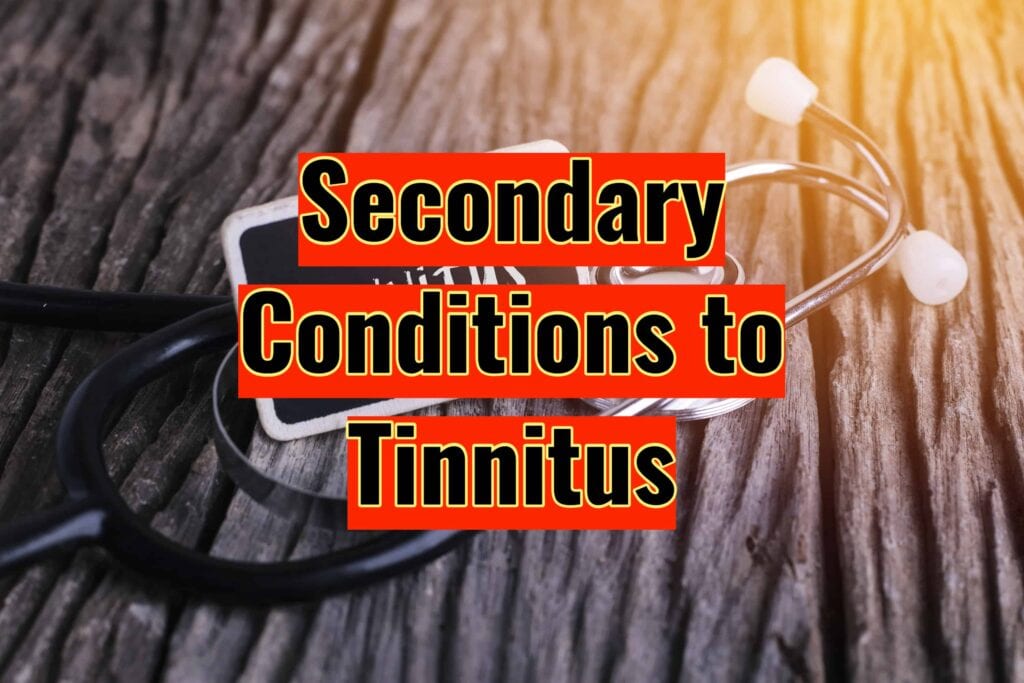Va Secondary Conditions To Insomnia
If you're looking for picture and video information related to the key word you've come to pay a visit to the ideal site. Our website gives you hints for viewing the highest quality video and image content, search and locate more informative video articles and images that match your interests.
comprises one of thousands of movie collections from several sources, especially Youtube, so we recommend this movie that you see. This blog is for them to visit this website.

A common connection which you see in many Veterans is insomnia secondary to tinnitus because of the mental health aspect.
Va secondary conditions to insomnia. Just some of the known health conditions associated with tinnitus are hyperacusis extreme sensitivity to noise phonophobia and depression and anxiety. I like the 526b when it is a secondary. There are a number of conditions that can get you a secondary service connection for a sleep disorder. Which is to file VA Form 21-526EZ Application for Disability Compensation and Related Compensation Benefits.
Top 3 Most Common VA Sleep Apnea Secondary Conditions 1 Sleep Apnea secondary to PTSD 2 Sleep Apnea secondary to Sinusitis 3 Sleep Apnea secondary to Medication Side Effects weight gain from medication side effects used as an interim link. Additionally insomnia can be caused by chronic pain from other disabilities. Sleep apnea can cause veterans to wake up tired and irritable. You can claim things as secondary to conditions that the VA considers service-connected so if they have granted service-connection for your shoulders you can then submit your cervical stenosis as secondary to your shoulders.
How to Submit a Secondary Claim. In this case a VA From 21-526EZ or VA Form 21-526b. 1 obstructive sleep apnea. Insomnia is normally attributed to a much larger issue that needs to be addressed.
PTSD anxiety and depression can all cause insomnia nightmares sleep terrors and other sleep disturbances. Sleep apnea is a potentially serious sleep disorder in which a persons breathing is repeatedly interrupted during the course of the night. Many veterans with sleep apnea develop depression. Sleeping well is vital for your overall mental health.
If your insomnia is related to a mental illness the agency will typically factor insomnia into its overall rating of your primary condition. The VA looks at insomnia as a mental health condition. If the causal condition is already service-connected then service connection for insomnia may be granted on a secondary basis. When this does happen you should have the doctor notes stating it is secondary.
According to the VA law there are three evidentiary elements that must be satisfied for sleep apnea conditions to prove secondary service connection. For example insomnia is associated with psychiatric disorders such as depression anxiety and PTSD. There are three main types of sleep apnea including the following. For example if you developed chronic back pain in the service and can no longer sleep through the night as a result then insomnia would be the secondary condition.
If you are scheduled a rating for insomnia it is rated at the same criteria as other mental disorders 010305070100. Parkinsons Disease and many other conditions can also cause sleep apnea and other sleep disorders. A medical diagnosis recorded in medical records of sleep apnea confirmed by a sleep study. And 3 complex mixed sleep apnea syndrome.
Secondary claims can be submitted using the same methods as filing a direct-service connected claim. Veterans who were physically injured during military service and later developed insomnia can also file for a secondary service connection. Sleep Apnea Secondary to Tinnitus. The VBA in his decision is following the change in the regulation of March 2015 the veteran need to file for the related issue as a new claim on the VA form no.
Weight gain can occur from PTSD and then cause sleep apnea as a secondary condition. These secondary conditions can be service-connected due to diabetes. It is commonly associated with other conditions like stress or anxiety. Inconsistent sleep over a period of time can wear down a person and cause mental health conditions.

















